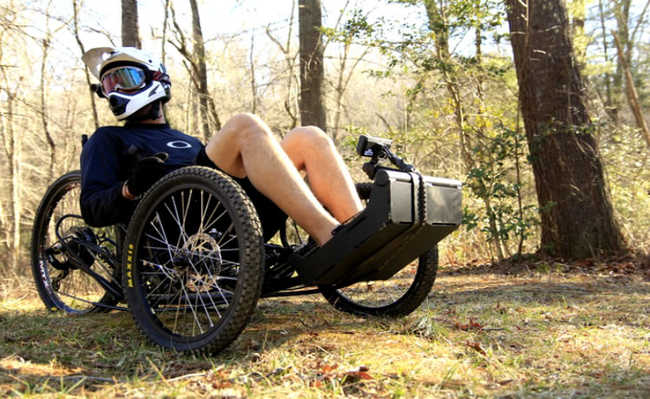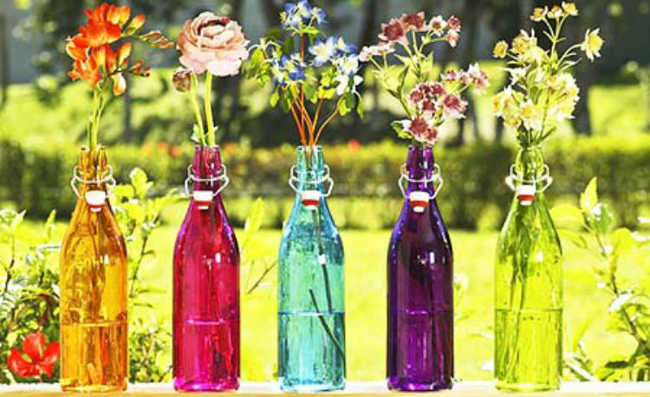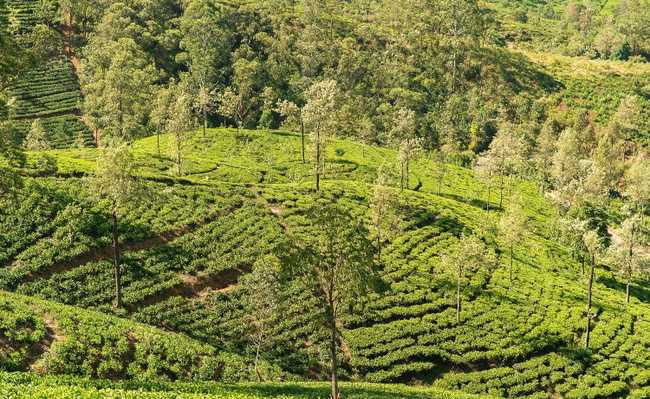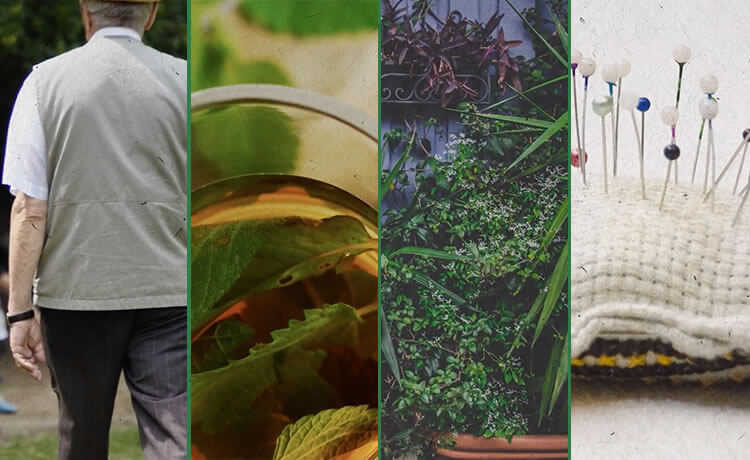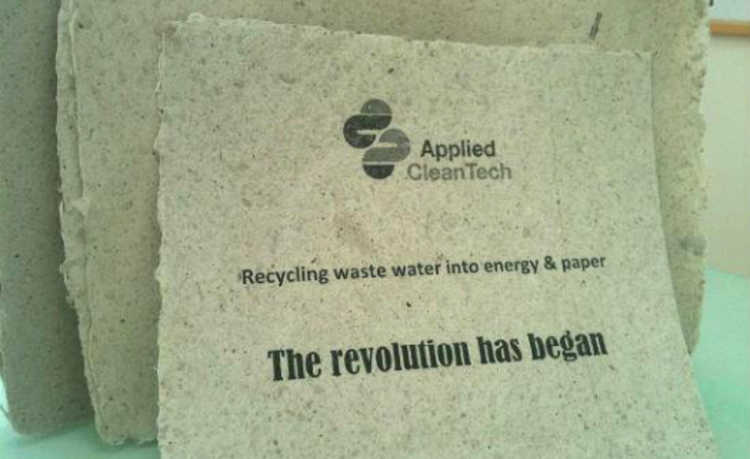Noocity: smart urban gardens that save around 80% of water
The technological innovation that allows up to 50% higher yield in your urban gardens
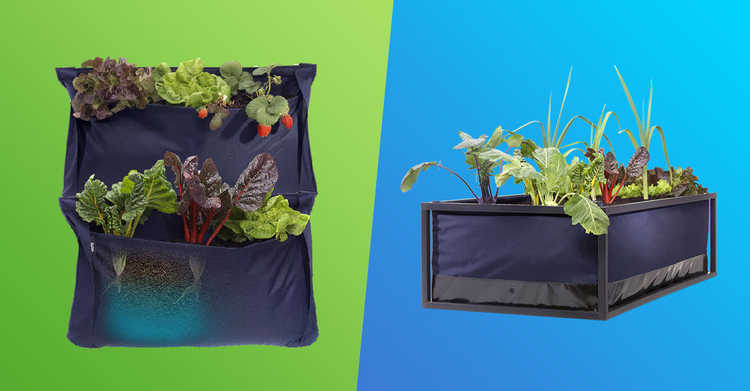
What can you do to establish a more sustainable environment? Collecting rainwater, reusing water from your washing machine, growing organic food and composting organic waste are some of the attitudes ecofriendly that you can follow.
Urban gardens are on the rise. The idea that you can use a balcony, roof, patio, terrace or window to grow your own food, even if you are in an urban center, is sensational. One of the most relevant individual actions to improve the environment is to take advantage of non-productive spaces to benefit people's quality of life. This is the purpose of urban agriculture. The spaces beautify the urban landscape with edible gardens and gardens and, in addition, help to reduce its ecological footprint.
We know how organic food is beneficial to our health. But high prices and the difficulty of planting at home keep many consumers away. To be an affordable alternative in urban agriculture, the company was created noocity.
noocity
For the creators of noocity, the three biggest barriers of urban agriculture are: time, space and knowledge.That's why they created products that facilitate easy and quick planting of different types of vegetables. In addition to being compact and modular, the noocity offers crop guides with pest control, mulch and planting instructions, thus breaking down barriers to urban agriculture.
They are smart urban gardens that need to be watered every 15 days only, and they save up to 80% of water thanks to developed technology.
The company, created by the Brazilian Pedro Monteiro and the Portuguese José Ruivo and Samuel Rodrigues, currently has two types of products in different sizes available for sale, the Growbed and the Growpocket.
Growbed
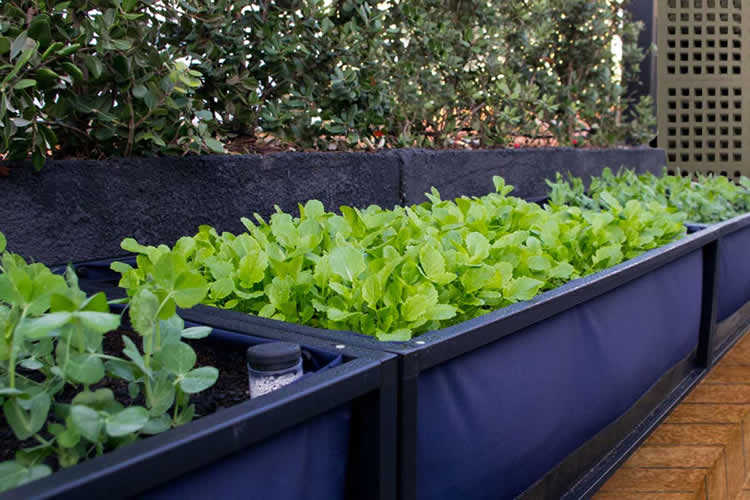
the balcony of the growbed it is the intelligent system of sub-irrigation which, according to the brand, provides an income 50% higher than that of a normal vegetable garden. By feeding the structure with water, its small vessels carry the liquid to the roots. Thus, there is no waterlogging of vegetables and the water evaporation process is slowed down, reducing waste.
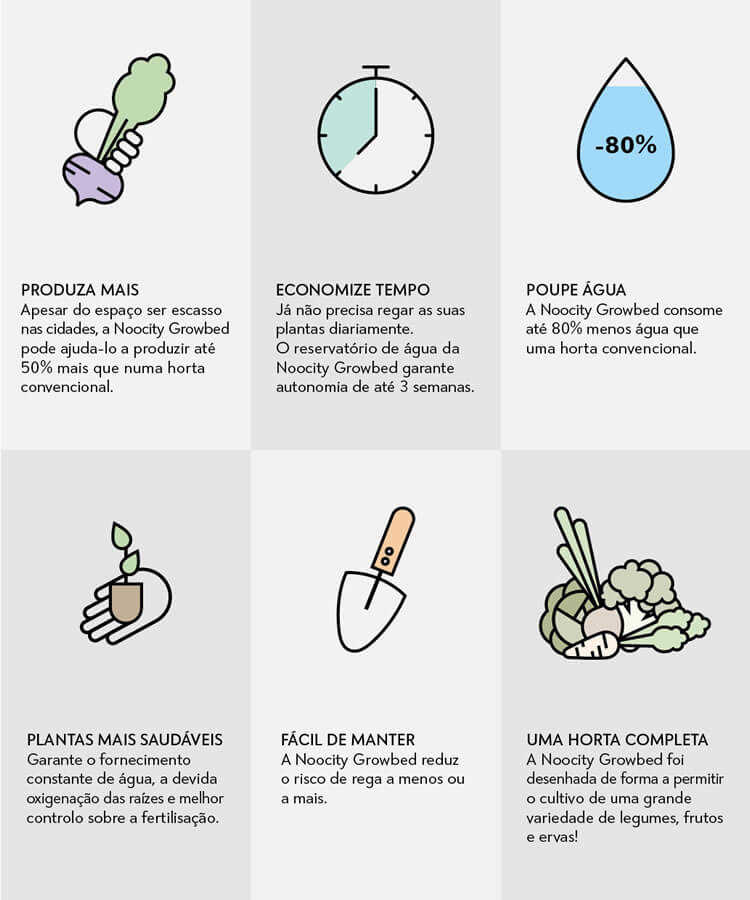
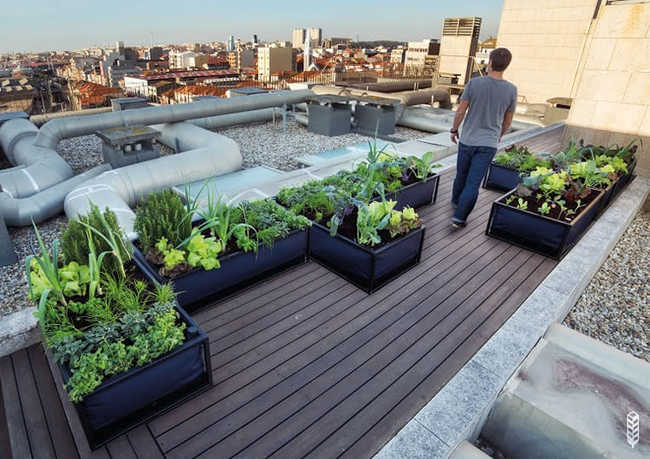
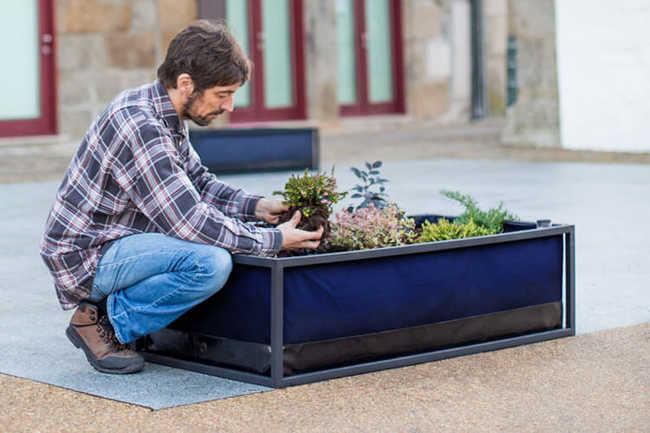
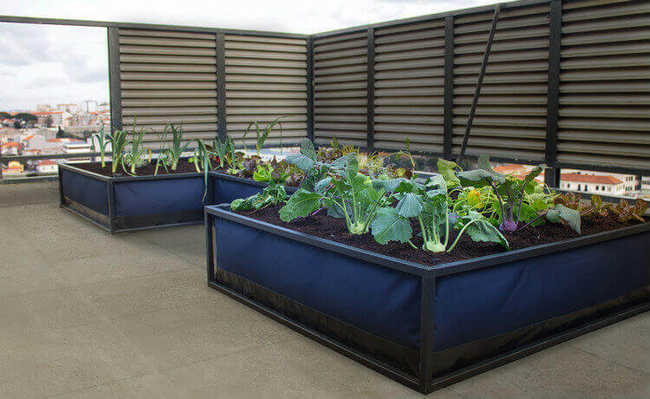
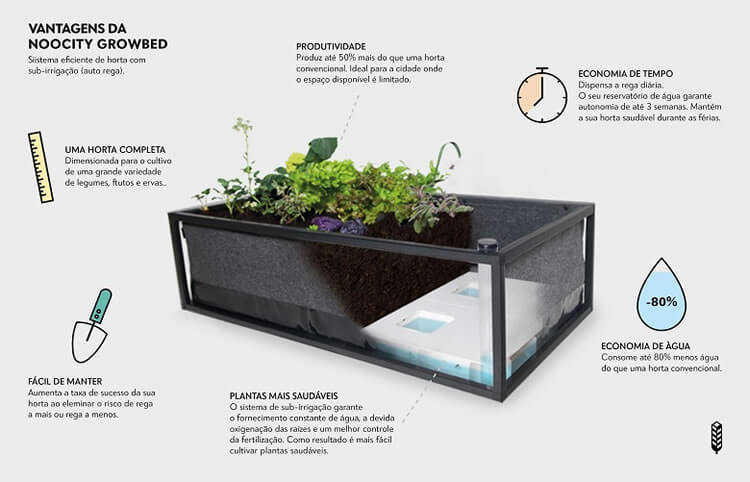
It is box-shaped and available in three sizes, small, medium and large. The product has a water reservoir, so you don't have to worry about watering your plants for up to three weeks. Also, the system regulates the conduction of the liquid, so watering your vegetables more or less than they need is not a responsibility. With simple design and high-strength materials, including UV protection and an accessory that composts organic waste, you're moving closer to a sustainable food cycle.
growpocket
already the growpockets are ideal for those with limited space. The system can be coupled to growbeds, but are also ideal for vertical gardens. They have waterproof fabrics that don't let water damage the walls. In addition, they also provide some autonomy due to water retention - the user needs to water once a week, on average.
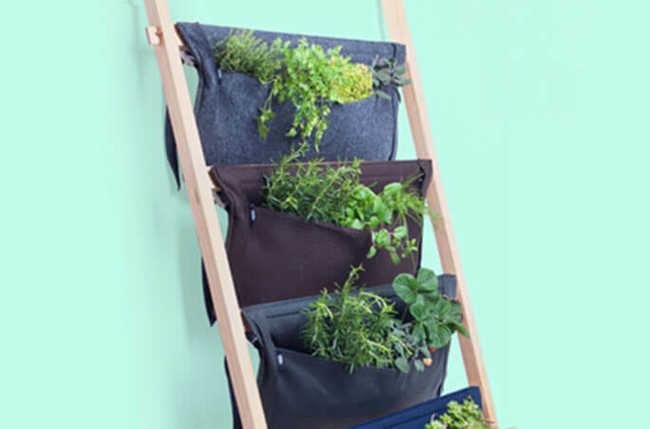
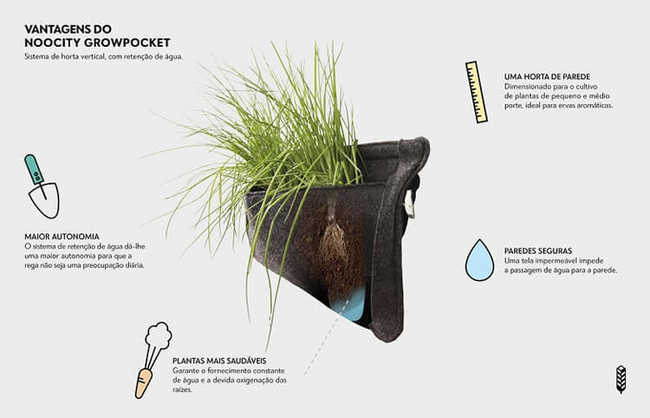
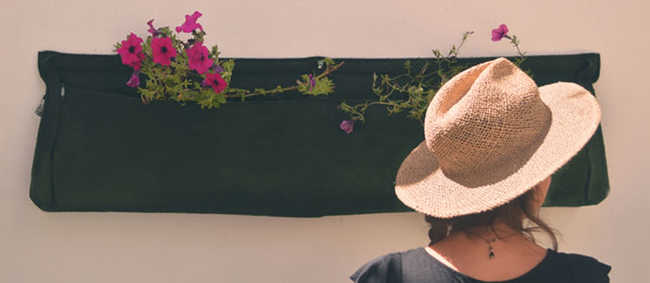
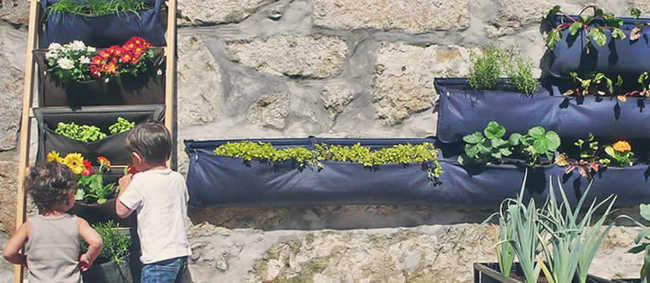
Rethinking old habits, being resilient and trying to get away from the automatic is essential to establish a more sustainable environment. By growing food, you will be positively impacting your health and that of your family and establishing a tune with the rhythm of nature. How about trying to make your own plantation?
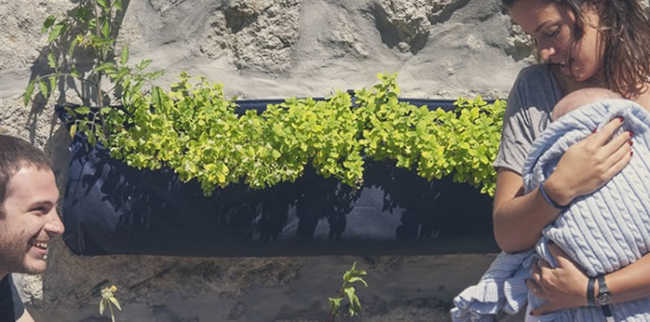
Understand a little more about how the sub-irrigation system works. growbed in the video (in English).



